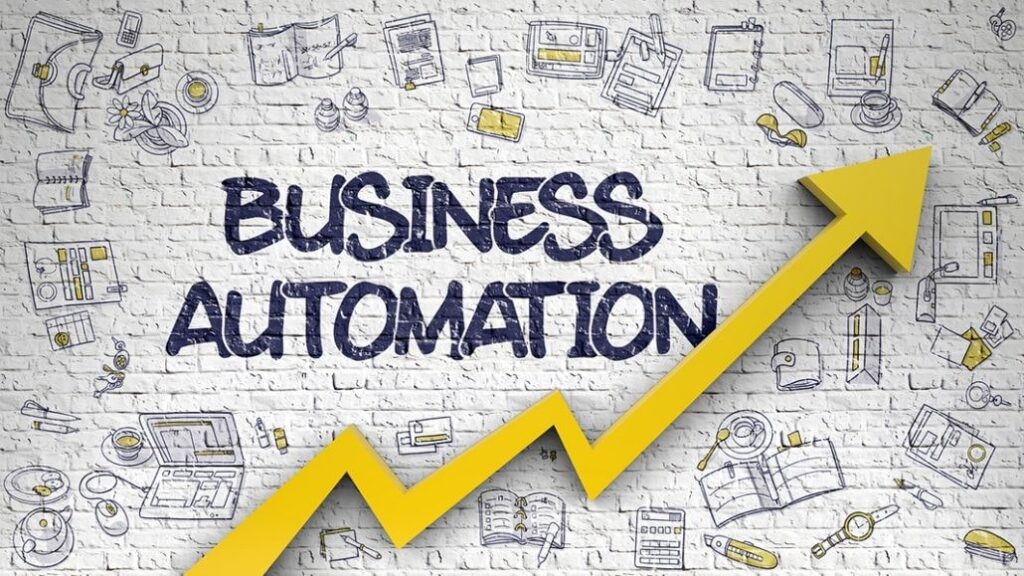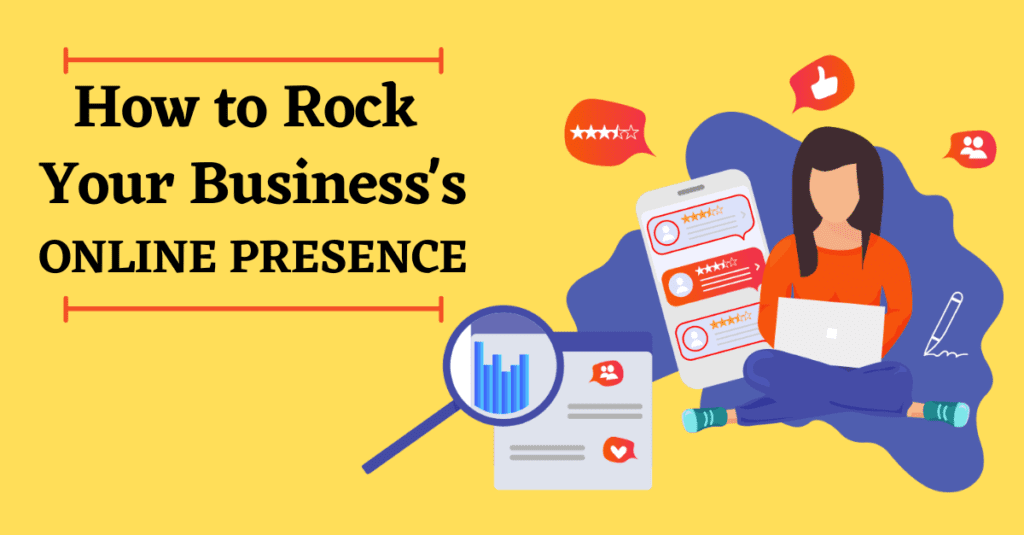As of 2019, the total PaaS market contains more than 360 vendors, offering more than 550 cloud platform services in 21 categories. Gartner expects that, from 2018 to 2022, the market will double in size and that PaaS will be the prevailing platform delivery model moving forward. (source)
While we are quickly moving toward the beginning of 2021, we have seen the mergers and acquisitions of many companies expanding their platforms. Social platforms like Facebook are dominating this space and while even though social networks or ‘the agora’ may have started out with good intentions, it should be of no surprise it gave us the word agoraphobia, a fear of public space. It is quite strange that we have not seen this fear creep into the virtual space or online social networks, but maybe it is just a matter of time or maybe it has and we have just mislabeled it. The place meant for assembly tends to become a place of protest and war; is this due to entropy or something else? Humans are not the only one to wreak havoc in our world. Just as a bee kills it self after it stings or a virus destroys its host. Looking at it in other context, you could say, destruction breeds creation, such as a wildfire gives way to new growth. Fear is a powerful motivator and it plays a big role in building platforms. Scale is just as much an attribute of fear as not knowing.
But it’s not just about social networks. Yes, social platforms are getting bigger, more powerful, and more uncontrollable, but only because we allow them to be. Social platforms are taking advantage because they can. Platforms give companies one of the biggest advantage in the marketplace, control. Is control the reason platforms are becoming so popular? How do platforms do this? Are companies not just providing a service to their client they need? These are all great questions and it is worth a look to see what makes them work.
Platforms don’t just fulfill a need, they demands it. Snapchat was a huge success due to their ephemeral content model. This put time limits on information and content. This not only encouraged people to post more because they had less perceived risk of content being out in the world forever, but it tapped into the basic FOMO (Fear of Missing Out) concept and motivated people to check the platform more often. Interactions increased and so did the platforms popularity. Platforms elicit a response. Platforms are not tools. Tools do not demand attention, they help you. Creating habit forming products and services is easier when you have a platform that tracks everything. You are not responding, you are guiding. Is this addiction the intent or the purpose, or is it a side effect.
Businesses have learned to create new content often and simplify their message to bite size snaps, slogans and stories, but will this short term gain turn into long term success?
“we should never look at technology as the primary differentiator”
Amazon has played the game of platforms for a while now and is winning big. They are solving the problem most users have, too many options. A customer is more likely to trust you if you have helped them solve a problem, a customer is more likely to pay more for loyalty than for the actual product or service they are receiving. People tend to confuse comfortability or laziness with loyalty; the company that creates the trusted platform will win over their clients every time, regardless.
Loyalty typically comes with guarantees. In a platform those guarantees are compatibility, scalability, and flexibility to adapt to clients needs. However, there is a catch. Loyalty has a cost, and that cost can be too high for businesses, especially when it is time to renegotiate or change terms. This is the single most profitable reason platforms are gaining so much popularity. It gives customers what they want while allowing companies to lock in value. The value must be clearly understood for the buy-in stage, but it can exponentially decrease overtime.
There’s more than Just AWS, Microsoft and Google. Smaller companies have been creating PaaS (Platforms as a Service) in niche or highly focused market verticals which plays to their strengths. The major platform players have generalized their features and new improvements so much in the past because of the lack of experience in the individual market segments and within different industries, but now that is changing. With the collaboration of industry leaders and tech giants, companies like Amazon, Microsoft, Google and others are moving from enablers of platforms to true competitors. This only validates that platforms payoff in the long term.
Why Platforms are so Popular:
- Force Brand Loyalty due to High Long Term Investment
- Track (Manipulate) User Activity
- Consistent Revenue Streams
- Simplifies a complex application marketplace for users
- Allows for easier transition into new service offerings
Platforms can bring people and companies together. Look at the digital collaboration agreement Shell and Equinor just signed. They are using the Azure platform to collaborate on projects they both mutually benefit from. When we look at technology and how platforms can bring like and unlikely things together, the possibilities are endless. There may be a “do no evil” motto or a “creepy line” that comes up, but the intention is to connect. We all are built with a desire to organize the chaos. Will platforms be the new applications where “there’s a platform for that” will be the new phrase? What’s next? Who knows, but I bet it will be something that makes what we are doing now look simple. One thing is certain, we should never look at technology as the primary differentiator.

